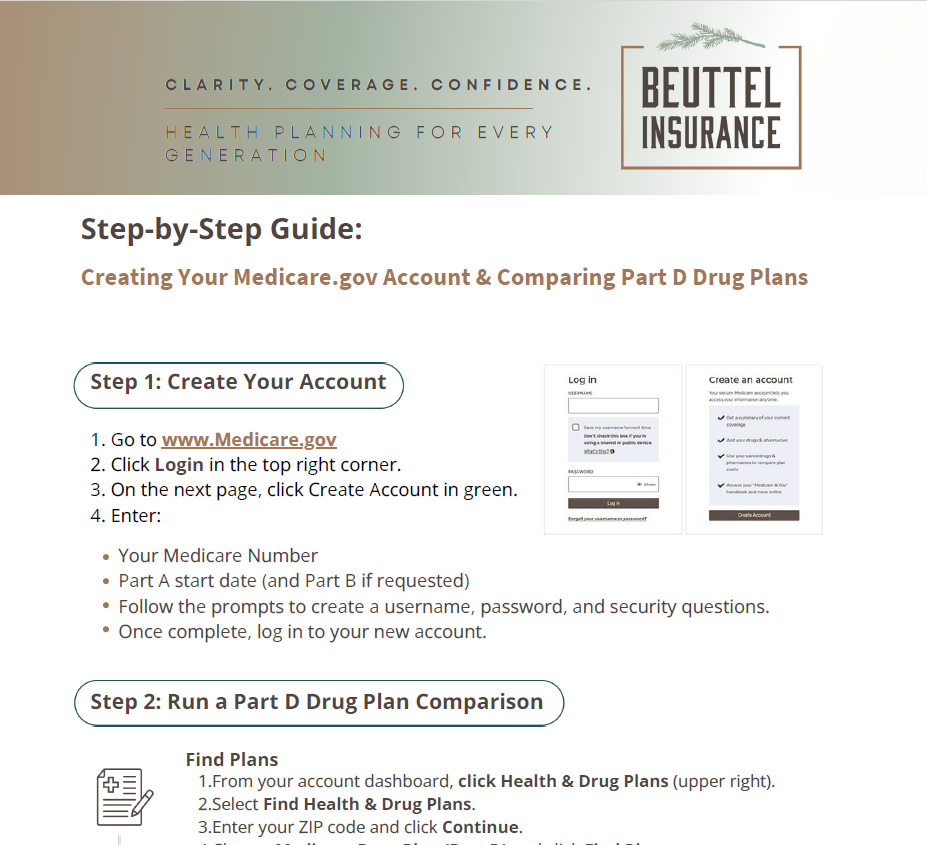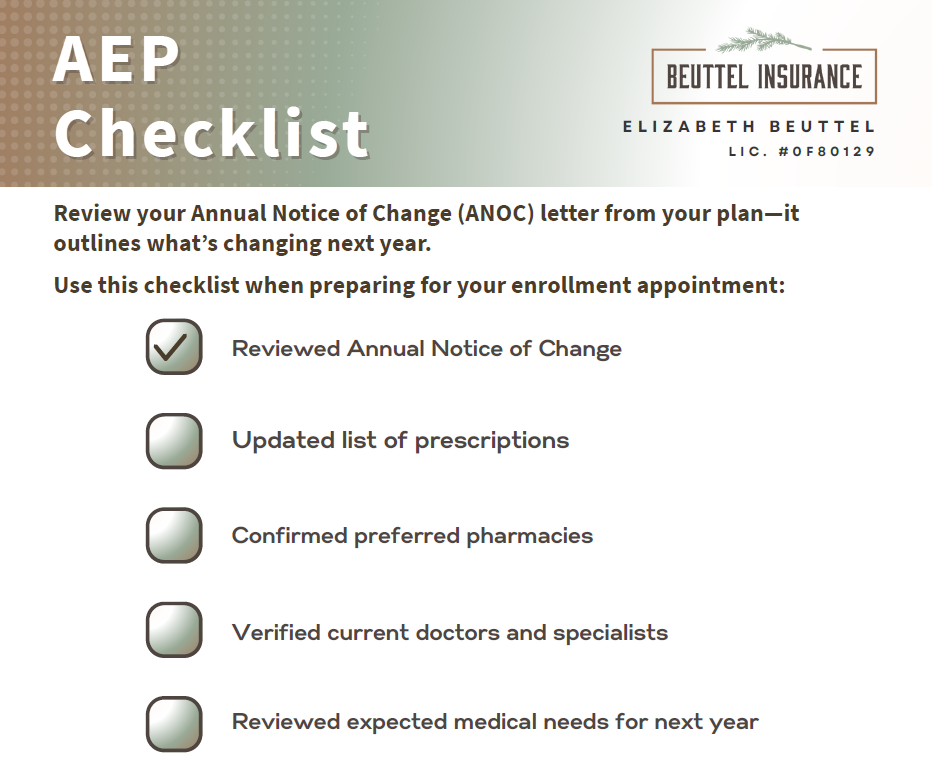What You’ll Need to Address When It’s Time to Transition
How to Know When It’s Time for Memory Care or Assisted Living – And How to Talk About It
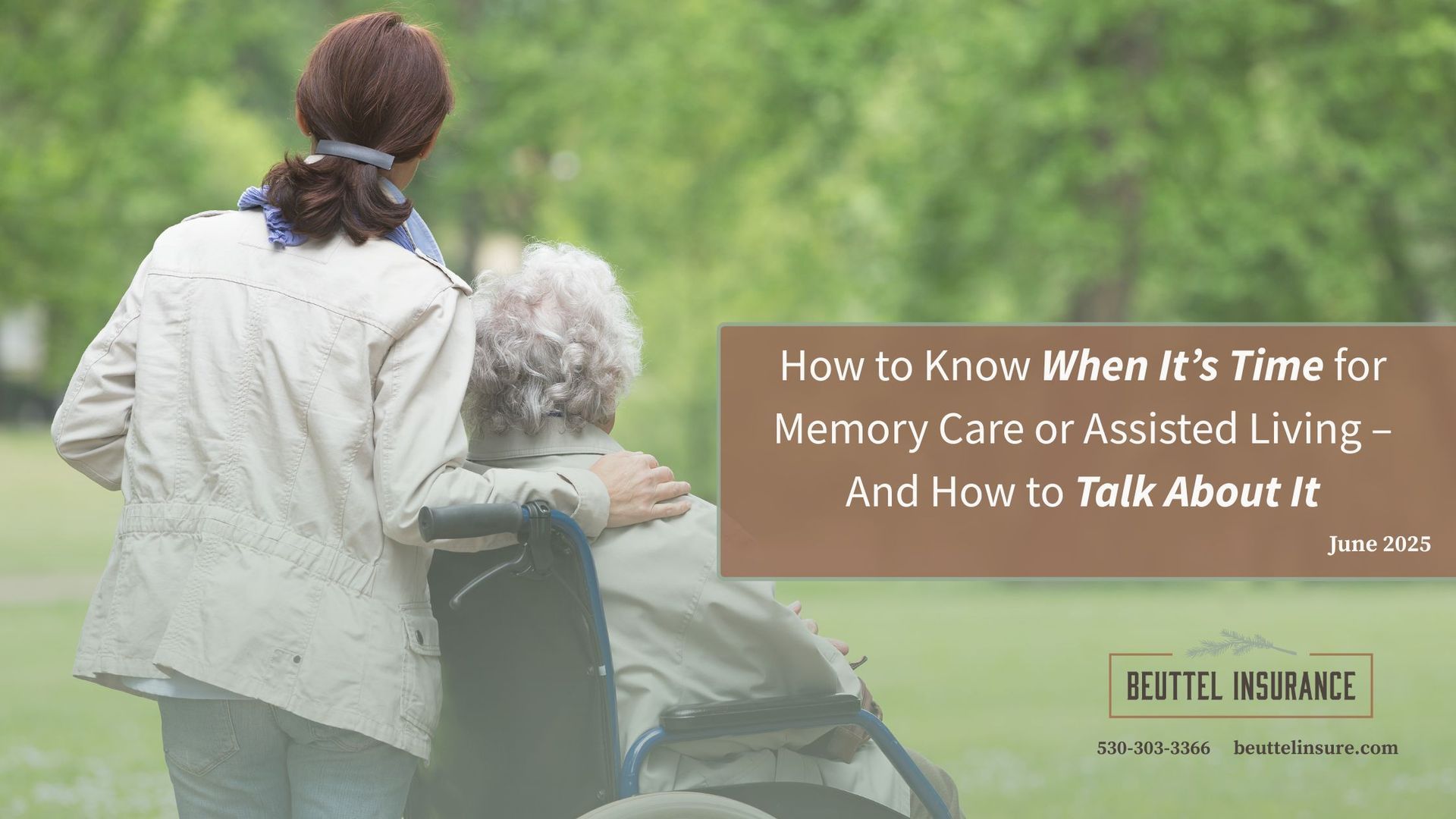

Hi there,
Making the decision to move a parent into a memory care facility or assisted living community is one of the most emotional and personal steps a family can take. It often comes with uncertainty, guilt, and countless questions. Knowing when it’s time, how to approach the conversation, and what to consider logistically can ease the process and create a more supportive transition for everyone involved.
How Do You Know It’s Time?
There’s no one-size-fits-all answer, but there are several signs that might indicate a loved one could benefit from more supportive care:
- Memory loss that disrupts daily life: Forgetting appointments, getting lost in familiar places, or missing medications.
- Decline in hygiene or nutrition: Noticeable weight loss, spoiled food in the fridge, or confusion over basic grooming tasks.
- Safety concerns: Increased risk of falls, leaving the stove on, wandering outside.
- Isolation or depression: Lack of social interaction or activities, signs of sadness or anxiety.
- Caregiver burnout: If you’re the primary caregiver and feeling physically or emotionally drained, it might be time to explore alternatives.
It’s not just about what they can’t do anymore—it’s also about what kind of quality of life they’re living.
How to Have the Conversation
- Start early if possible. Bringing up the idea before it becomes a crisis gives everyone time to process.
- Choose the right setting. A quiet, calm environment allows space for emotional responses.
- Use “I” statements. Share your concerns without sounding accusatory. For example, “I’ve noticed it’s been harder for you to keep up with things, and I’m worried about your safety.”
- Be open to their emotions. Anger, sadness, denial—these are normal. Let them feel heard.
- Reassure them. Focus on how this move can support their independence and safety, not take it away.
If your loved one has dementia, you may need to simplify the conversation and repeat it over time. As challenging as this will be, compassion and patience go a long way.

Once the decision has been made that your loved one can no longer live safely on their own, there are several important factors to consider and plan for:
- Legal and medical documents:
Power of attorney, healthcare directives, insurance details, and updated medical records.
- Finances:
Understand the cost of care, what’s covered by insurance or Medicare/Medicaid, and what needs to be paid out-of-pocket.
- What to bring:
Create a packing list—favorite clothes, photos, comfort items, important toiletries. The facility you decide to go should also be providing a packing list as well in their ‘welcome’ package.
Who is managing care: Assign responsibilities among family members for medical decisions, finances, communication with the facility, etc.

Pets: What Happens If the Facility Isn't Pet-Friendly?
This is a deeply emotional part of the process for many. A beloved pet can feel like an extension of the family, and separation can cause distress. Consider these options:
- Check other facilities.
Some communities are
pet-friendly—ask!
- Family or friend adoption.
Can someone close to your parent adopt the pet and allow visits?
- Pet fostering organizations.
There are programs that will rehome pets compassionately or offer foster placements.
- Therapy pet programs.
Some facilities have visiting pets that could help ease the transition.
If you are in the local Sierra Foothills area, contact Foothill Dog Rescue should you need to place your pet up for adoption.
What Else Should You Consider?
Here are a few more pieces that are often overlooked:

Room personalization. Bring familiar décor, photos, or bedding to help the space feel like home. For example, bring their favorite sports memorabilia, ie; hat, t-shirt, or sticker and hang it on their door to help them better identify their room. Oftentimes, a Dementia patient won’t remember a room number, however they will recognize their personal items.
- Communication plan. Decide how often you’ll visit or call, and let your parent know you’ll stay connected. Some facilities even allow families to install a camera in the room so they can check in virtually. If staying visually connected is important to you, this may be something worth asking about during your search.
- Staff introductions.
Meet the care team and understand their routines so you know who’s involved in your parent’s day-to-day care.
Transition support. The first few weeks can be the hardest. Keep visits light and positive, and consider a counselor or support group for your parent—and for you.
Recommended Resources
Here are two books we highly recommend to anyone going through the challenges of navigating Alzheimer’s or dementia with a loved one:
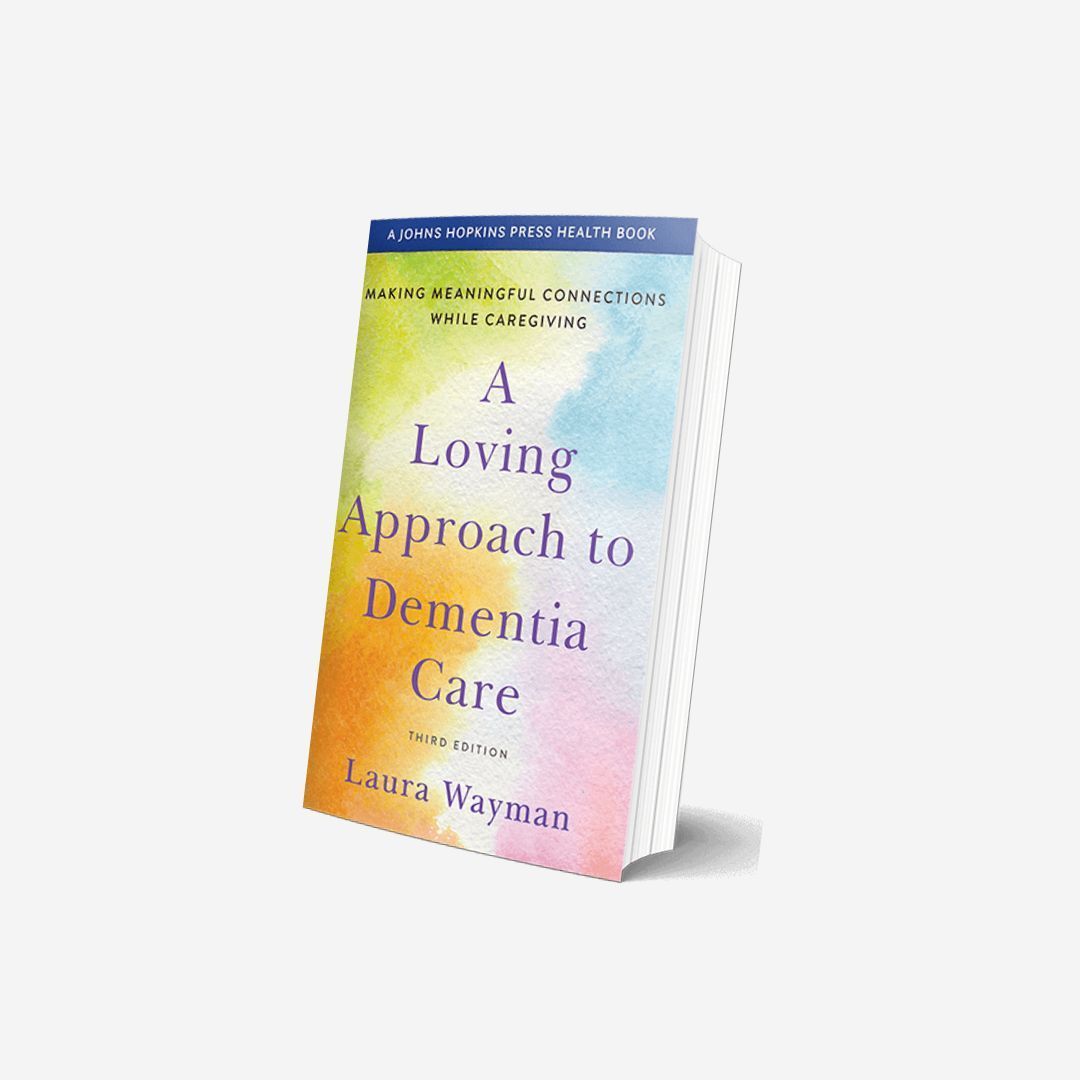
“A Loving Approach to Dementia Care” by Laura Wayman – Known as The Dementia Whisperer, Laura offers compassionate and practical guidance for families and caregivers. This book helps reframe dementia care through understanding, patience, and emotional connection. It’s a helpful read for anyone supporting a loved one with memory loss.
🌐 Explore her work and get a copy of the book at laurawayman.com
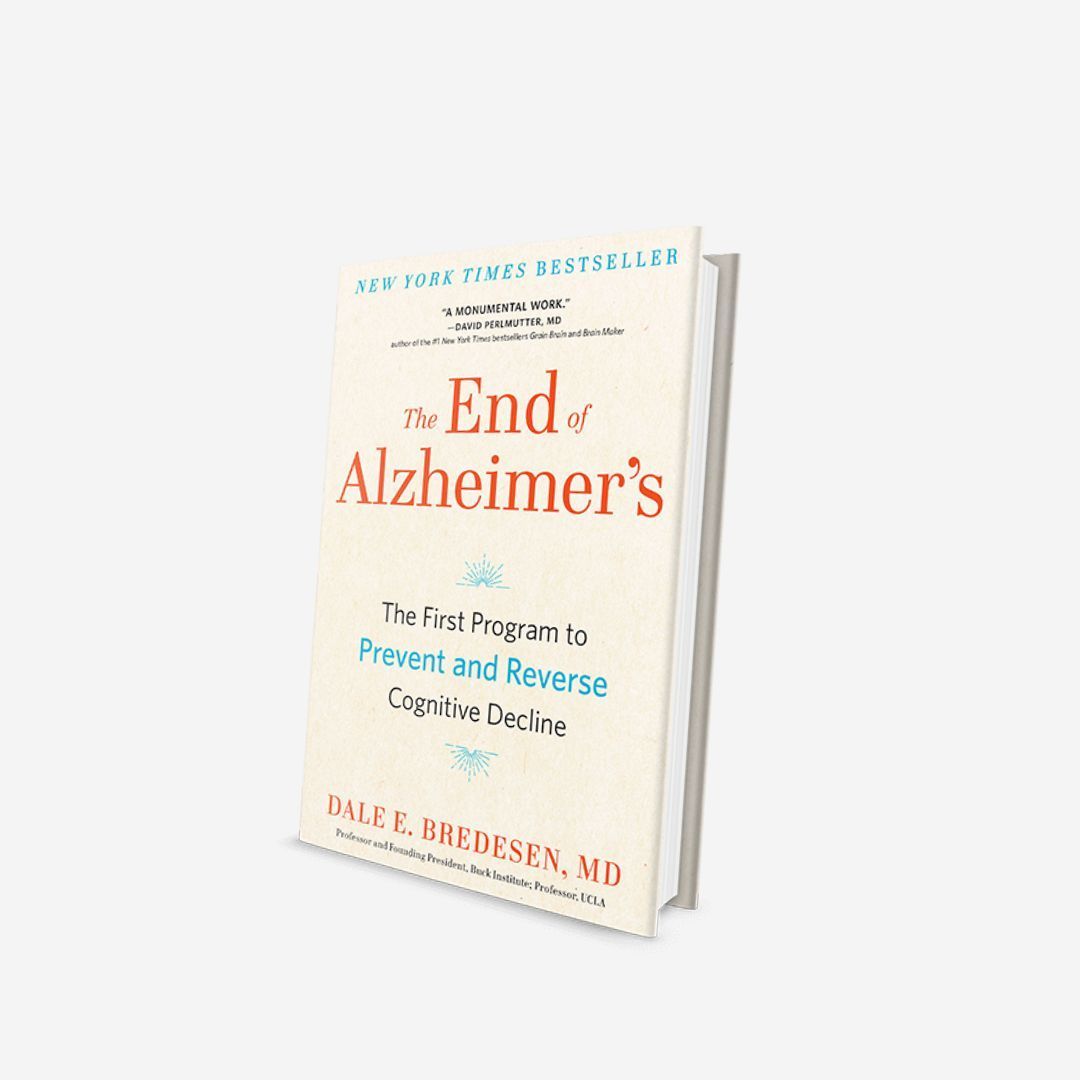
“The End of Alzheimer’s” by Dr. Dale E. Bredesen – This groundbreaking book introduces a science-based approach to preventing and even reversing cognitive decline. If you’re looking to understand the “why” behind memory loss and want to explore proactive strategies for brain health, this resource is a powerful place to start. Check out his extremely robust website with extensive articles, videos and science backed studies and grab his book here.
Also, here is a great
podcast video from Leslie Kernisan, MD, author of
When Your Ageing Parents Need Help.
Check out her website, Better Health While Ageing for extensive resources, podcasts and tips that can help you make informed decisions during your care journey.

My Final Thoughts …
Making the decision to move a loved one into assisted living or memory care is never easy—and it shouldn’t be something you have to navigate alone. Whether you’re just starting to notice changes or you’re already deep in the decision-making process, know that there is support, guidance, and compassion available to help you through it.
Every family’s journey is different, but one thing is certain: approaching this season with care, patience, and open communication can make all the difference. I hope this blog gives you a helpful starting point and some peace of mind as you take your next steps.
And remember, we’re here to walk alongside you. If you need additional support, have questions, or need help finding the right care for your loved one, don’t hesitate to reach out.
 Call us at 530-303-3366
or schedule
a visit with us.
Call us at 530-303-3366
or schedule
a visit with us.

The post How to Know When It’s Time for Memory Care or Assisted Living – And How to Talk About It appeared first on Beuttel Insurance.







